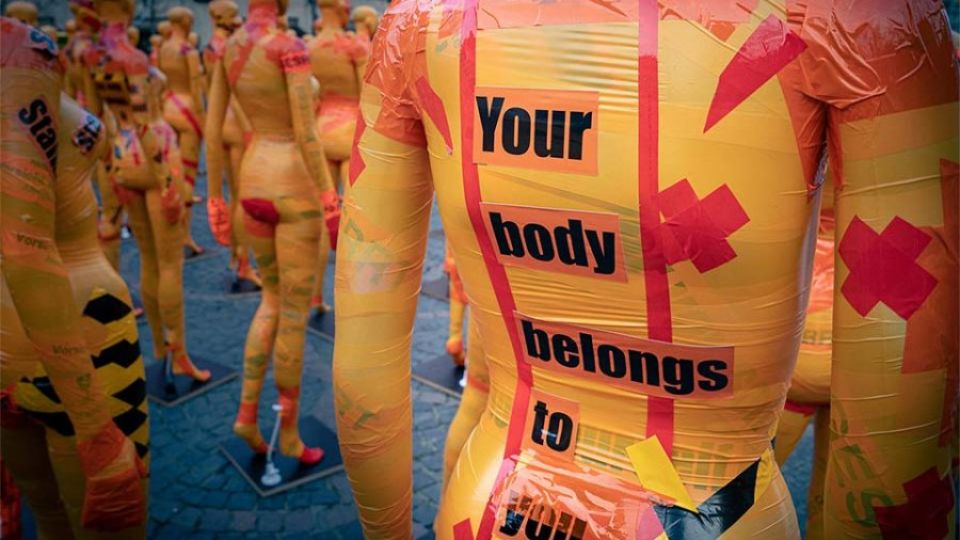August 30, 2024
KATHMANDU – On August 9, when India was celebrating its beloved athlete Neeraj Chopra’s silver medal in the men’s javelin final in Paris, a harrowing incident took place in Kolkata’s RG Kar Medical College that would traumatise the nation and ignite widespread outcry. A trainee doctor was brutally raped and murdered while resting in a seminar room after completing a 36-hour shift at the hospital. Tens of thousands of people in India’s major cities have taken to the streets, demanding justice and prompt investigation. The event has stirred anger in India, especially among women, highlighting the discourse on women’s safety and the challenges faced by female medical professionals.
The RG Kar Medical College incident should ring alarm bells all over South Asia as it is a reminder of how women in the region are unsafe regardless of who they are, what they do or where they go. It also reminds us of the precarious situation of women’s safety in Nepal, where rape cases and violations of women’s rights in general are on the up. The Informal Sector Service Centre (INSEC) published the Nepal Human Rights Year Book 2023, which documented 4,228 victims of women’s rights violations in Nepal in 2022. The report documents 605 incidents of rape, 145 cases of attempted rape and 42 incidents of sexual abuse. In 2021, there were only 3,417 such victims, up from 2,606 in 2020.
Last week, police detained six people in Arjundhara of Jhapa district for gang-raping a 16-year-old girl. Cases of minor girls and women being raped in schools, workplaces, chhaugoths, homes and other places by men make headlines every now and then in Nepal. We have become habituated to seeing them, and only when the severity is extreme or an influential person is involved do we speak out in the media or on the streets. But, then, we gradually forget it all. In some ways, we are becoming desensitised as we still think it is somebody else who is suffering.
Further, justice has constantly been elusive for rape victims. The highly publicised Nirmala Pant rape-and-murder remains unresolved, with no arrests till now. During the decade-long insurgency, many women were raped and brutally assaulted. Some were accused of being Maoists and repeatedly raped in captivity. Nearly two decades since the guns fell silent, these victims are yet to get justice. These cases reflect the extent of impunity enjoyed by the perpetrators of such crimes.
The recurring rape cases point to a broader problem of patriarchal violence and social conditioning. In Nepal, this is reflected in the legal framework that is more protective of the accused than the victim. In 2022, when people protested to remove the statute of limitations on rape, which was previously only one year, the National Assembly ratified new amendments increasing the time limit by a few years. Adults could now file a lawsuit within two years of the incident, and minors could initiate legal proceedings within three years of the victims turning 18. These time limits for seeking justice do not justify crimes as horrendous as rape that are unconstitutional and against the principles of fundamental rights. Moreover, experts argue that blanket laws determining the jail time for rapists oversimplify the crime; it ignores the severity of rape cases by focusing solely on the victims’ age.
This state of affairs must change. Yes, we need solid legal frameworks to protect the victims. But we should also invest in the execution part, for instance, in forensic tests and other medical examinations to establish sexual assault. It is time that we as a society overcame our default “himpathy” and delivered justice in a way that is acceptable to the victims.


